Prosthetic dental works
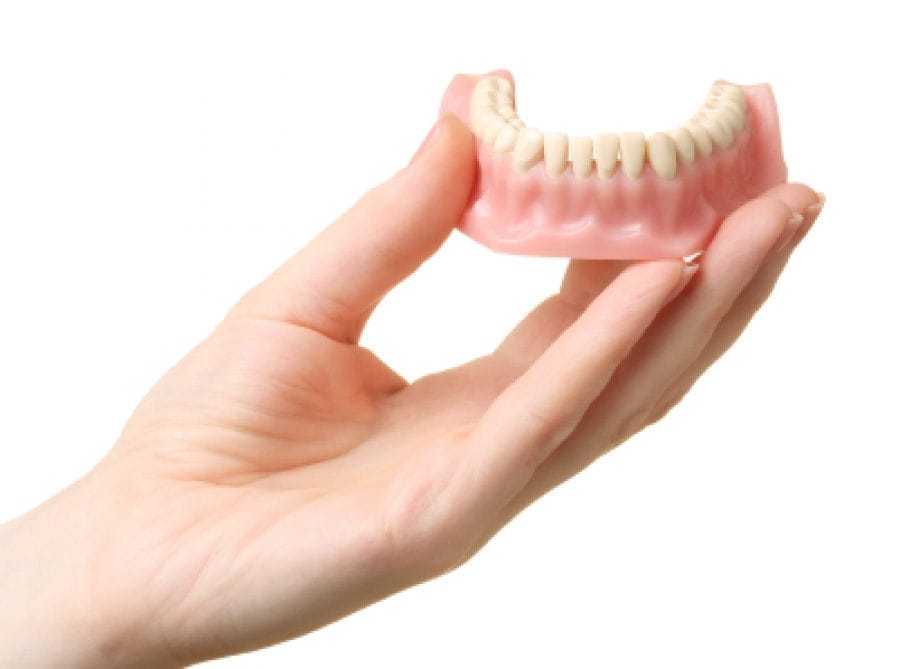
Restoring masticatory function can be achieved with dentures. Chewing with dentures is not ideal in terms of comfort, but it is a viable compromise when the clinical situation does not allow fixed work supported by remaining teeth or dental implants.
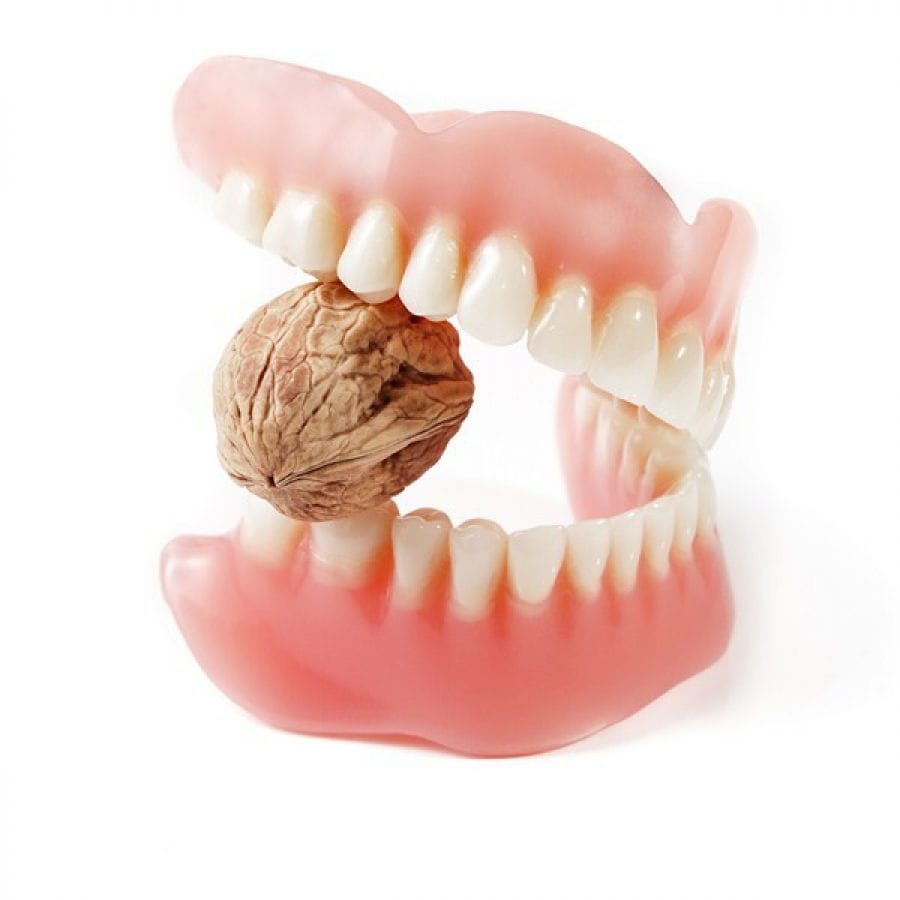
Mobile dentures are one of the most commonly used methods of tooth replacement. It is mainly used when the patient has many missing teeth and 'no more bonding' to benefit from a fixed denture.
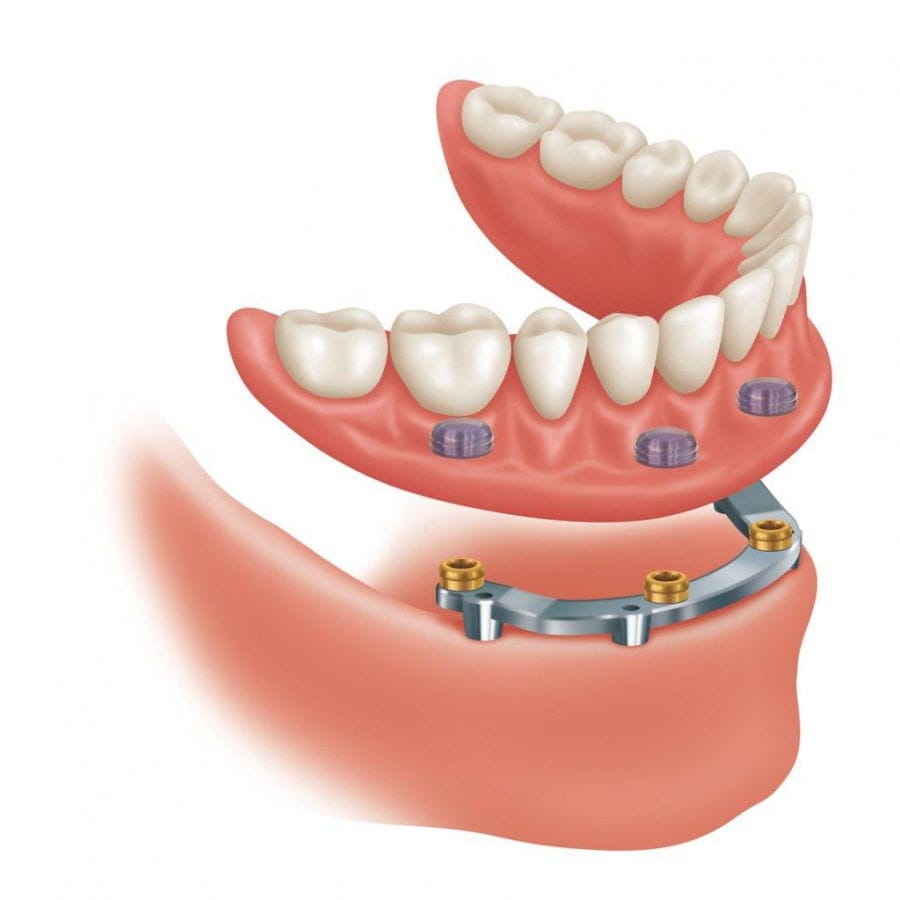
Dentures on staples is an evolution in the field because it solves one of the problems most often reported by patients, namely mobility.
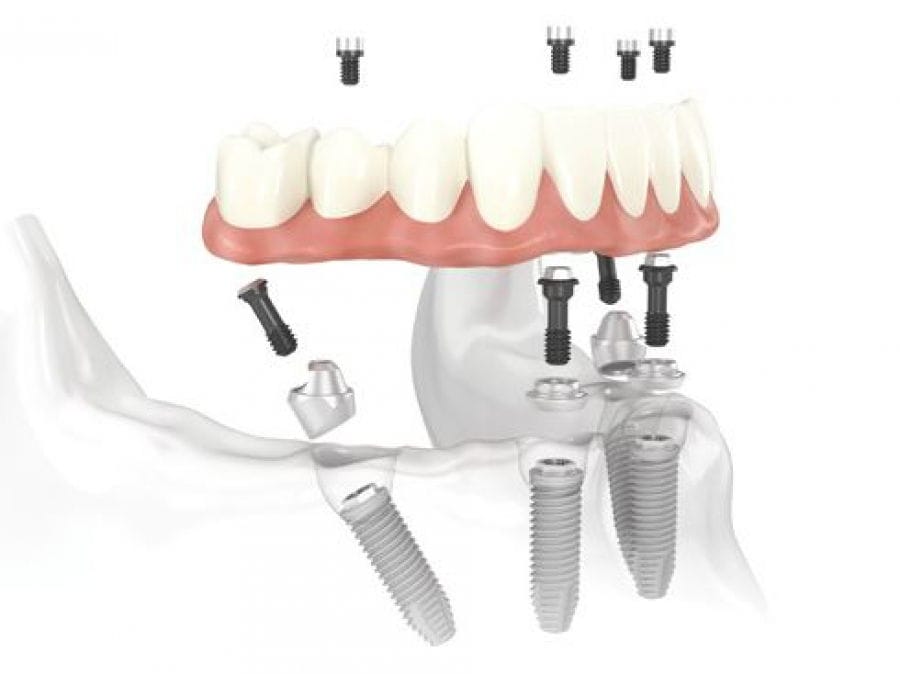
Total Implant Bridge or Stabilised Total Implant Prosthesis are two modern methods of treatment that aim to replace the discomfort and discomfort, both functional and psychological, caused by wearing a conventional total denture.
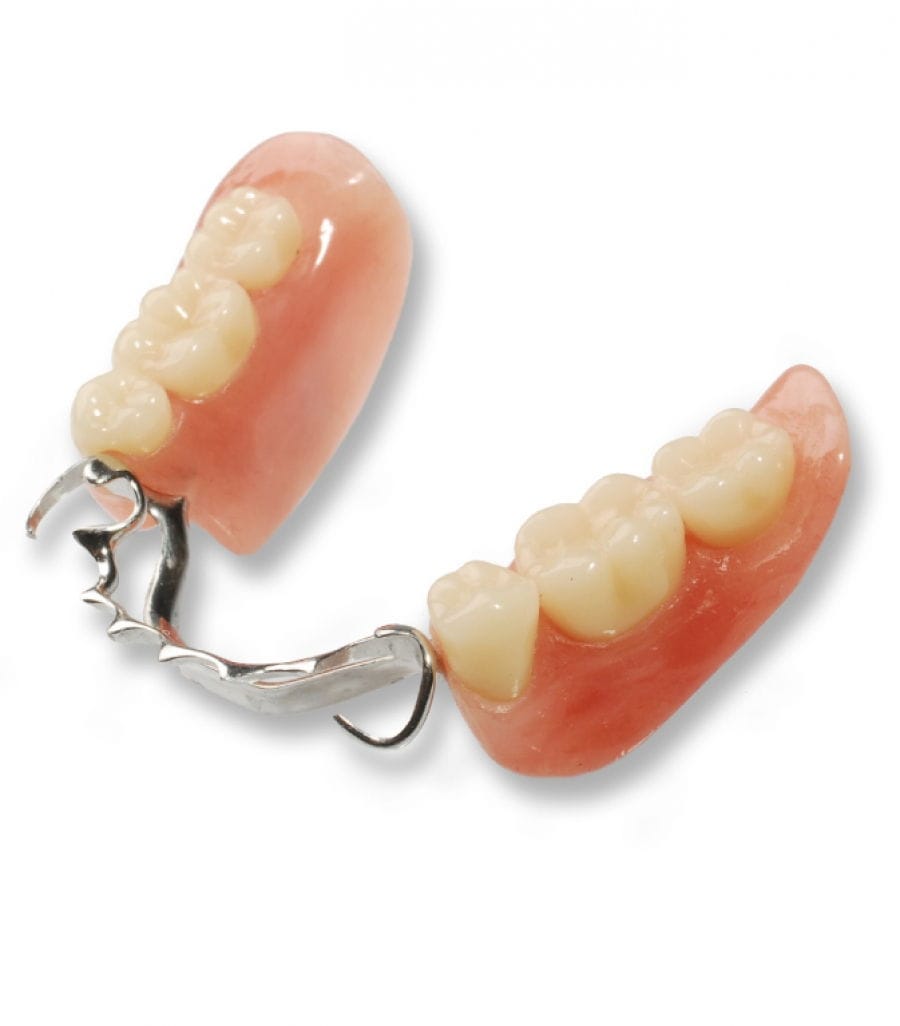
The removable (skeletal) denture has mixed support elements on the gingiva-bone support and on the remaining teeth. These teeth must be reinforced with dental works that have special systems to hold the skeletal prosthesis.
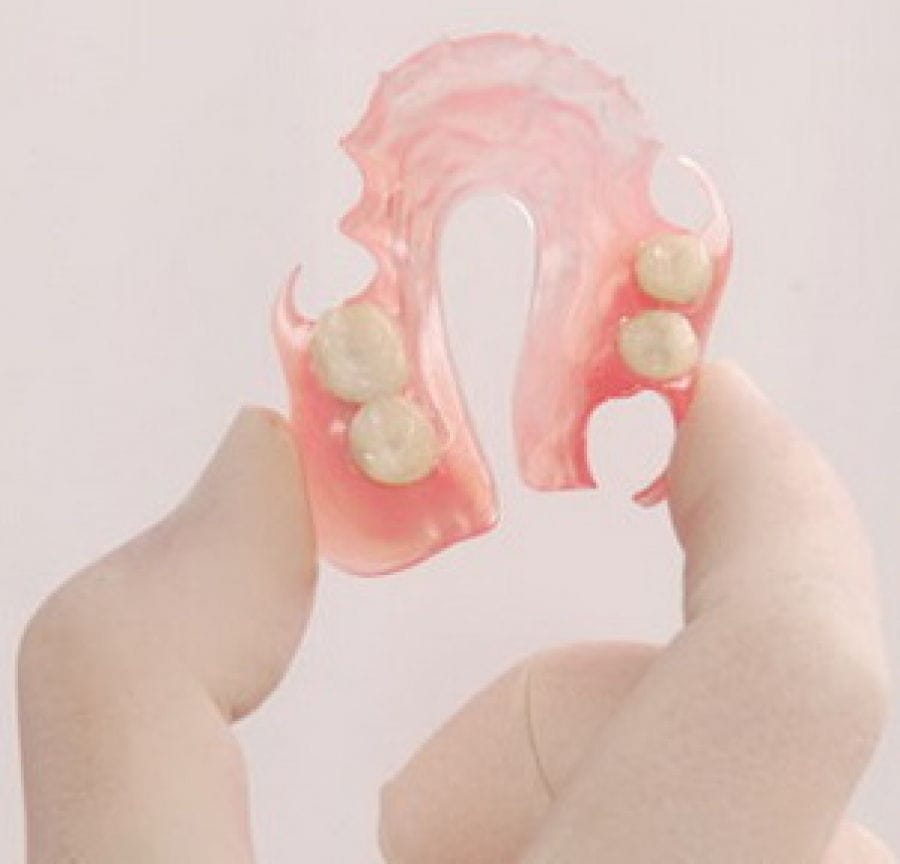
Elastic dentures are increasingly used instead of the classic acrylic dentures. The advantages of an elastic denture are many, but incorporating a newer technology, it is still not so affordable in terms of price.
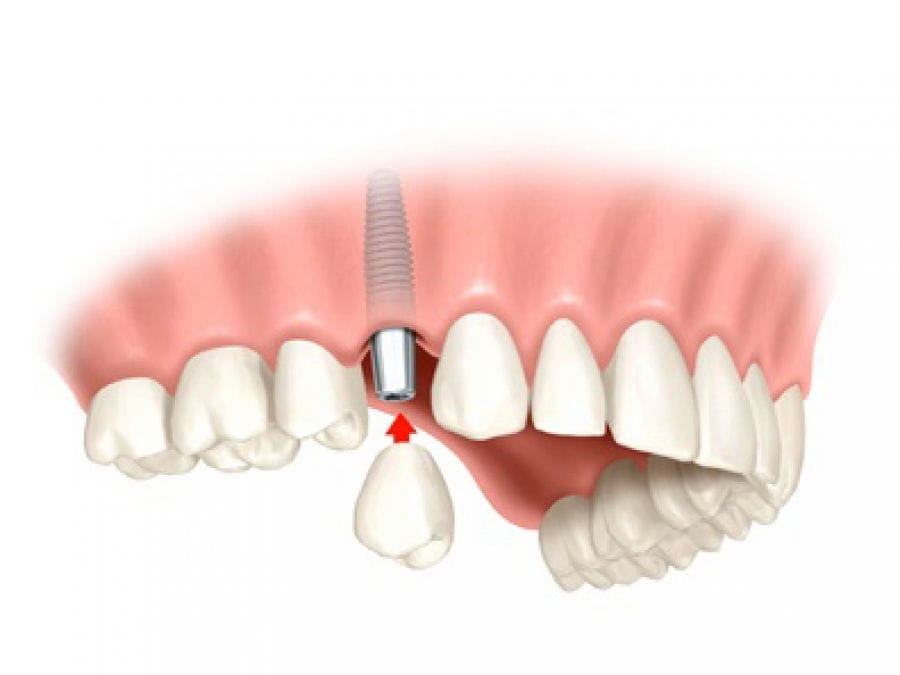
A dental crown is a dental (more precisely prosthetic) work that covers or wraps the visible part of a tooth, restoring its aesthetics and functionality.
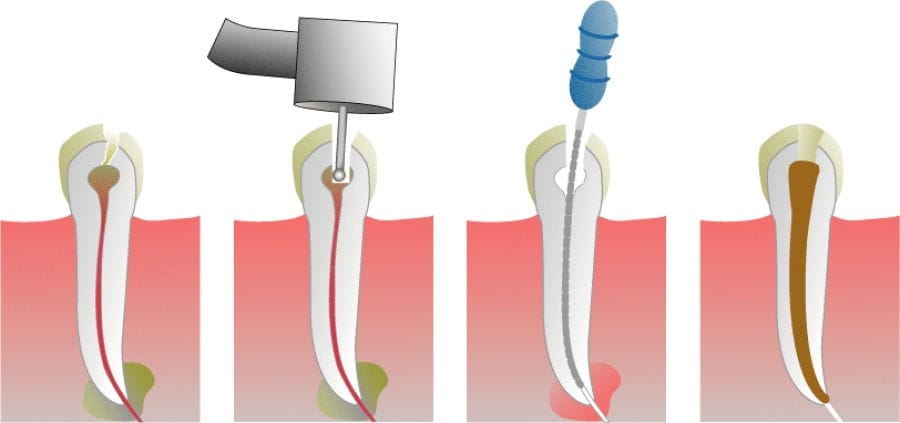
A dental post is a prosthetic device that aims to restore or strengthen fractured or decayed teeth and is covered by a dental crown.
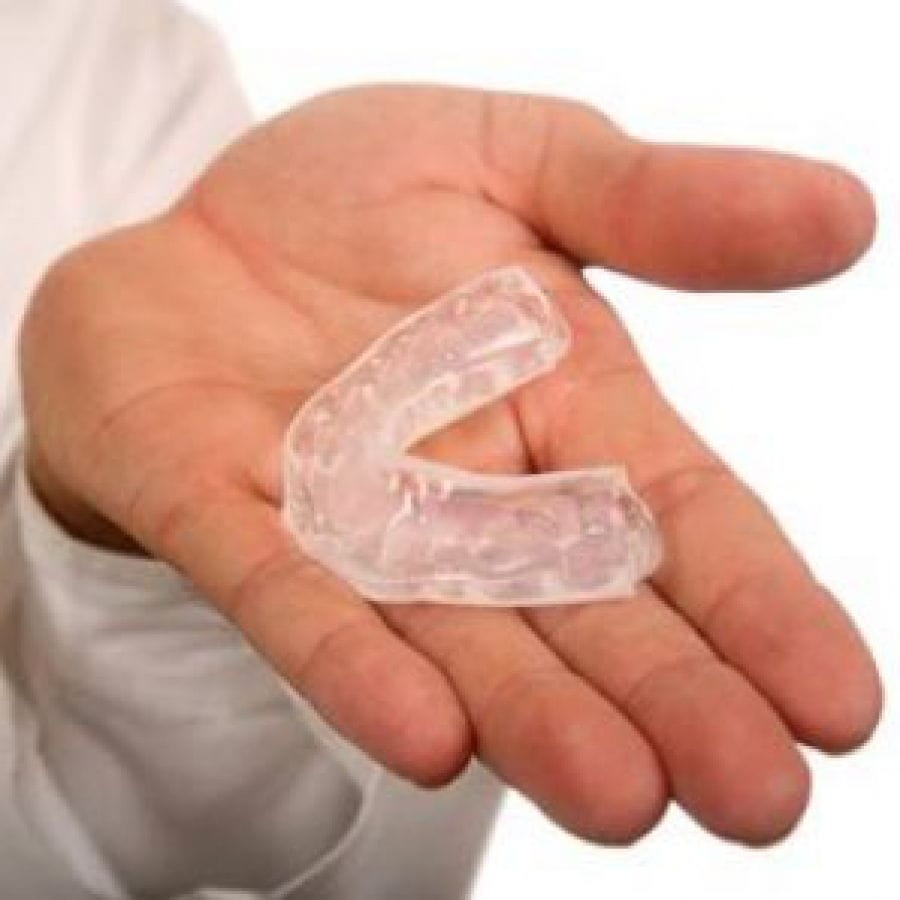
The mouthguard helps to protect teeth at night in patients suffering from bruxism, protect teeth and mucous membranes in performance athletes or can be used for home whitening treatments.
 RO
RO  EN
EN 